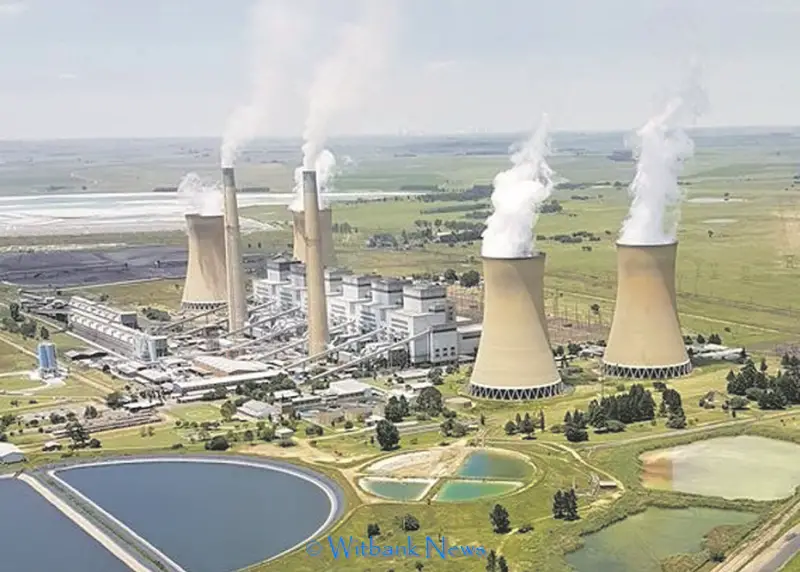A high court in South Africa has ruled that preliminary deals that the country entered with several countries to construct new nuclear power stations in the county did not follow due process.
Judge Lee Bozalek ruled that the government failed to adequately consult the public and conduct proper environmental and financial assessments for Russia, South Korea and the United States to build eight nuclear power plants.
“Seen as a whole, the Russian IGA stands well outside the category of a broad nuclear cooperation agreement, and at the very least, sets the parties well on their way to a binding, exclusive agreement in relation to the procurement of new reactor plants from that particular country,” Bozalek said.
In 2015 two environmental groups had challenged the deals, arguing that the government did not follow proper decision-making procedures before signing the deals.
Critics of the nuclear expansion, which was expected to run up to $73 billion, said it would be prone to graft.
The Department of Energy said the government “has not entered into any deal or signed any contract for the procurement of nuclear power,” adding that it has signed IGA’s with the United States, South Korea, China, Russia, and France.
After the 2011 nuclear disaster in Fukushima, Japan led many countries to cut back nuclear programs, South Africa is one of the few still considering a major new reactor project.
South Africa has struggled with blackouts for years amid growing demand for electricity. The country has one nuclear plant and gets more than 90 percent of its power from coal.
But South Africa’s dependence on coal is taking a substantial toll on human health, according to environmental groups. In 2014 a report from Greenpeace estimated that up to 2,700 premature deaths are caused every year by emissions from the country’s 16 coal-fired power plants.
The South African government says the new plants would increase power from nuclear by fivefold.
